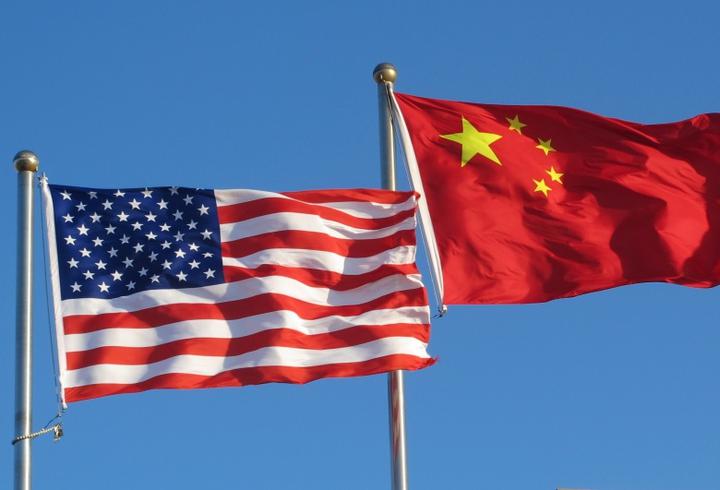By APD writer I. Hussain Janjua
Editor's Note: Mr. I. Hussain Janjua is a senior media professional and analyst based in Islamabad, having experience of more than 20 years in research & media in different organisations.(Email: ihussainjanjua@yahoo.com; twitter: @ihussainjanjua)
US-China relationship has witnessed ups and downs throughout the history after the world’s most populous country appeared on the map of earth as an independent nation but since the Trump administration taking over in 2016 their ties have deteriorated swifter than before be the issue of intellectual property rights or of stealing information.
Since July 2018 when President Donald Trump threatened to impose sweeping tariffs on China for its alleged unfair trade practices, the two countries have been embroiled in countless back-and-forth negotiations, a tit-for-tat tariff war, introduced foreign technology restrictions, fought several WTO cases, consequently leading US-China trade tensions to the brink of a full-blown trade war --- US slapping tariffs on US$550 billion worth of Chinese products while China responding with US$185 billion worth of US goods.
However, on January 15, the first signs of a truce were seen, when the two sides signed the Phase One Deal, which officially agreed to the rollback of tariffs, expansion of trade purchases, and renewed commitments on intellectual property, technology transfer, and currency practices.
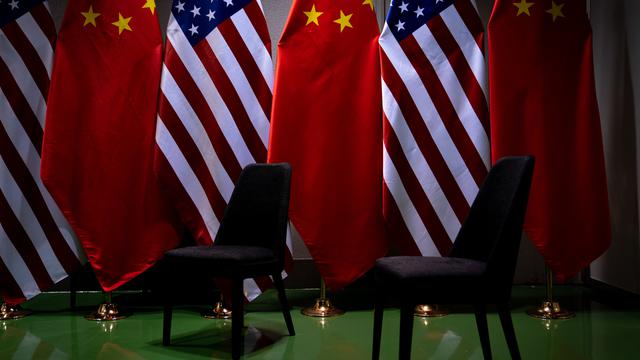
On the Corona pandemic front, President Trump has been blaming China for spreading virusand at times termed the virus as “Chinese virus” despite the fact that the virus was transferred to humans from animals. He also took on to World Health Organization for allegedly conniving with China for hiding the information though the US President himself has been blamed for not acting intelligently in the wake of the pandemic devastations.
The recent cold war between the US and China is taking a new direction as like Pakistan and India the two world powers not only orderingeach other’s diplomats to leave their respective countries but also shutting down their consulates.
China in reaction to the US action of closing down Chinese consulate in Houston Beijing has shut down US consulate in Chengdu. However, the spokesman of China’s Foreign Affairs Ministry says China did not want the situation come down to this end but held US responsible for present tension.
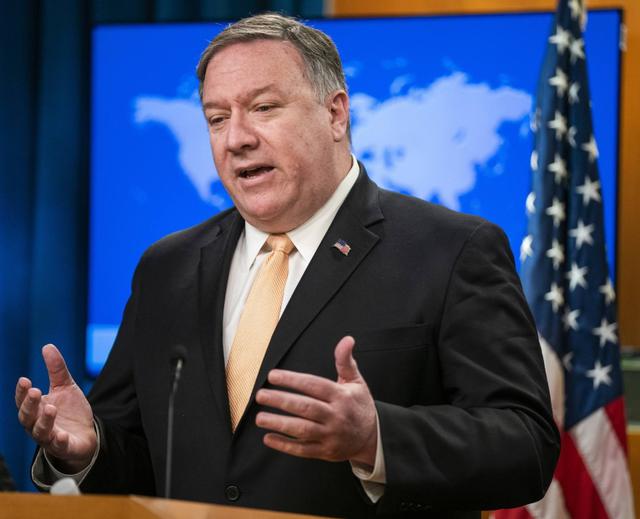
While US Secretary of State Mike Pompeo’s accusations of China and protecting US citizens’ intellectual property rights and private information carry no weight as the US did not point out any such incident that led to closure of Houston consulate.
China does not want military clash as analysts opineif China shutsdown US consulate in Wuhan or any US diplomatic place in any other city it would mean China does not want an upsurge in tension; however,closure of US consulate in Hong Kong or Shanghai would indicatean upsurge in tension.
The recent action that led to increase in tension between two countries are the status of Hong Kong and Covid-19 — the former being internal matter of China while some differ with this view saying that China needs to follow the agreement under which Hong Kong was handed over to it.
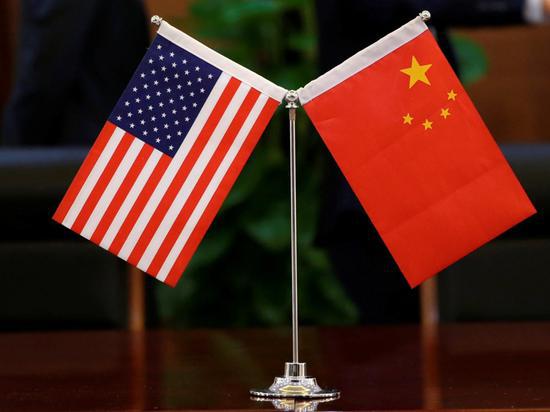
But in the present situation Hong Kong has become an excuse triggering cold war between the top world powers while Covid-19 has been a human and scientific issue having no problem to start with but later became the bone of contention. The majority of scientists are clear that Covid-19 originatedfrom animals to human but President Trump has different views saying it originated from Chinese scientific intuitions but has failed to substantiate his claim.
According to Global Times, there are other issues too that have triggered tension between China and the US such as South China Sea and Huawei --- deteriorating the situation to having war potential. Dubbing China as rival of cold war era and creating hatred against it are thetactics which the US hawks are using to impact public opinion in view of this year’s US election.
Many experts agree that the recent upsurge in the tension between the two countries is due to the US internal election politicsthough it has badly impacted US economy but strict action against China could make Trump more popular among his voters.
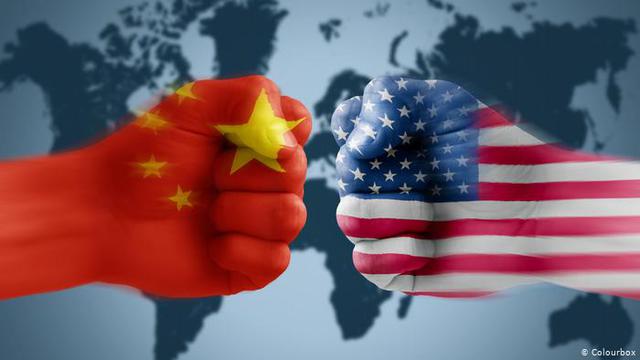
Another factor is China's unique technological capability which is now instrumental in reshaping technology and economic system. It is no more in pursuit of the latest technology rather Beijing itself is setting new standards of technology --- the potential of leading the two countries into cold war in terms of technology and economy.
However, the increasing tension between the US and China may be due to some other factors as well. In nineties the US was the biggest investor in China but at the beginning of this century the US has been the most indebted country to China having purchased 600 billion dollars US bonds and later the trade imbalance in favor of China became the real concern for the US.
Another cause of serious concern is the agreement being signed between China and Iran for 400-billion-dollar investment in Tehran, which indicated that China has least importance for US sanctions of late and now the US will have to face China not only in Taiwan and South China Sea but in Gulf as well.
Though the strategic clash in terms of technology and economy between the two countries is deepening but President Trump’s anti-China stance in election politics instead of political advantage could push them towards military clash in case of any miscalculation.
Misunderstandings are already abound but on the contrary the two countries are so much inter-dependent economically that they cannot afford a direct military clash. There is strong realization in the US that now China is an economic power and the US position of world’s sole super power would not be secure in the coming days.
(ASIA PACIFIC DAILY)
